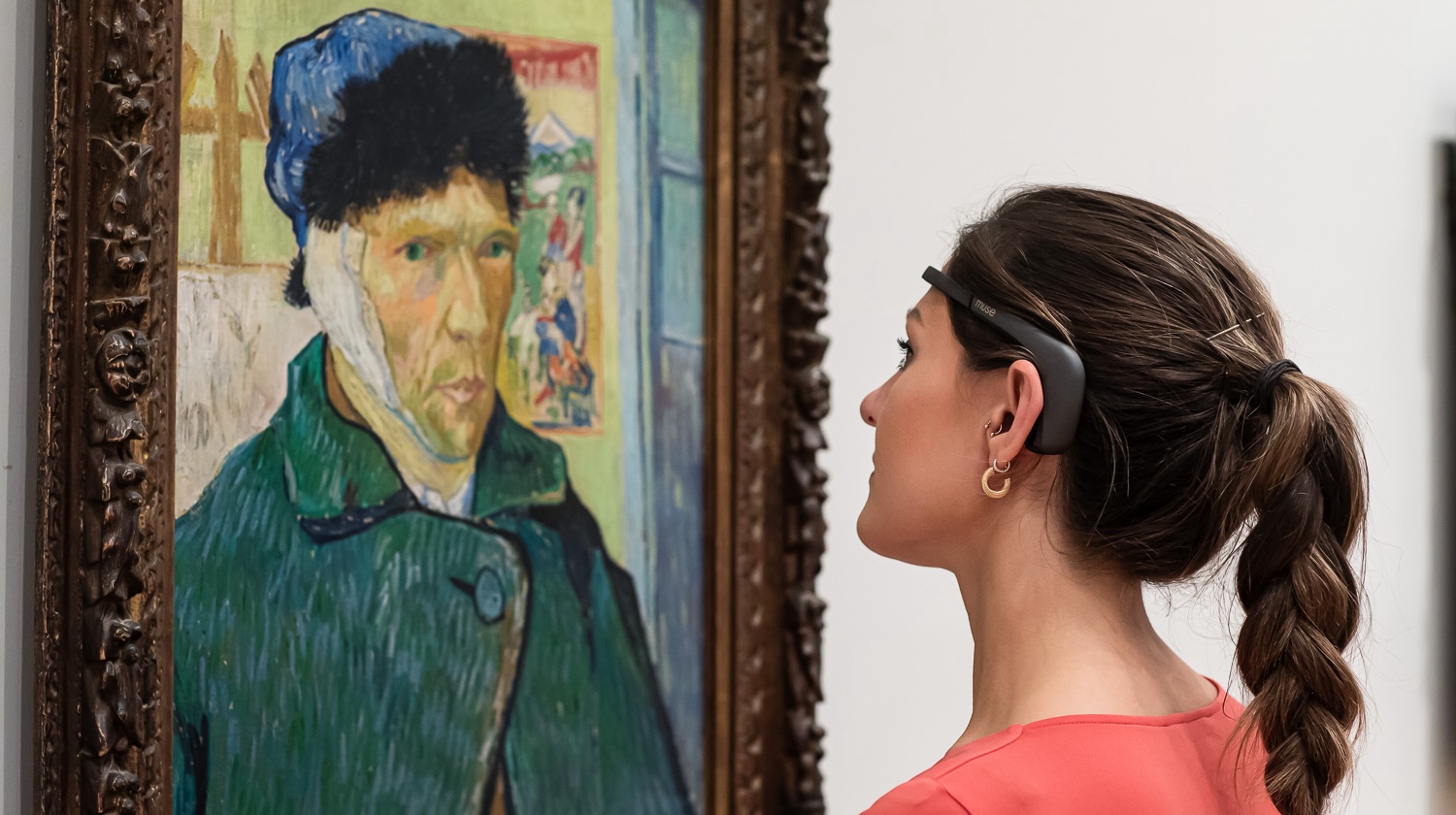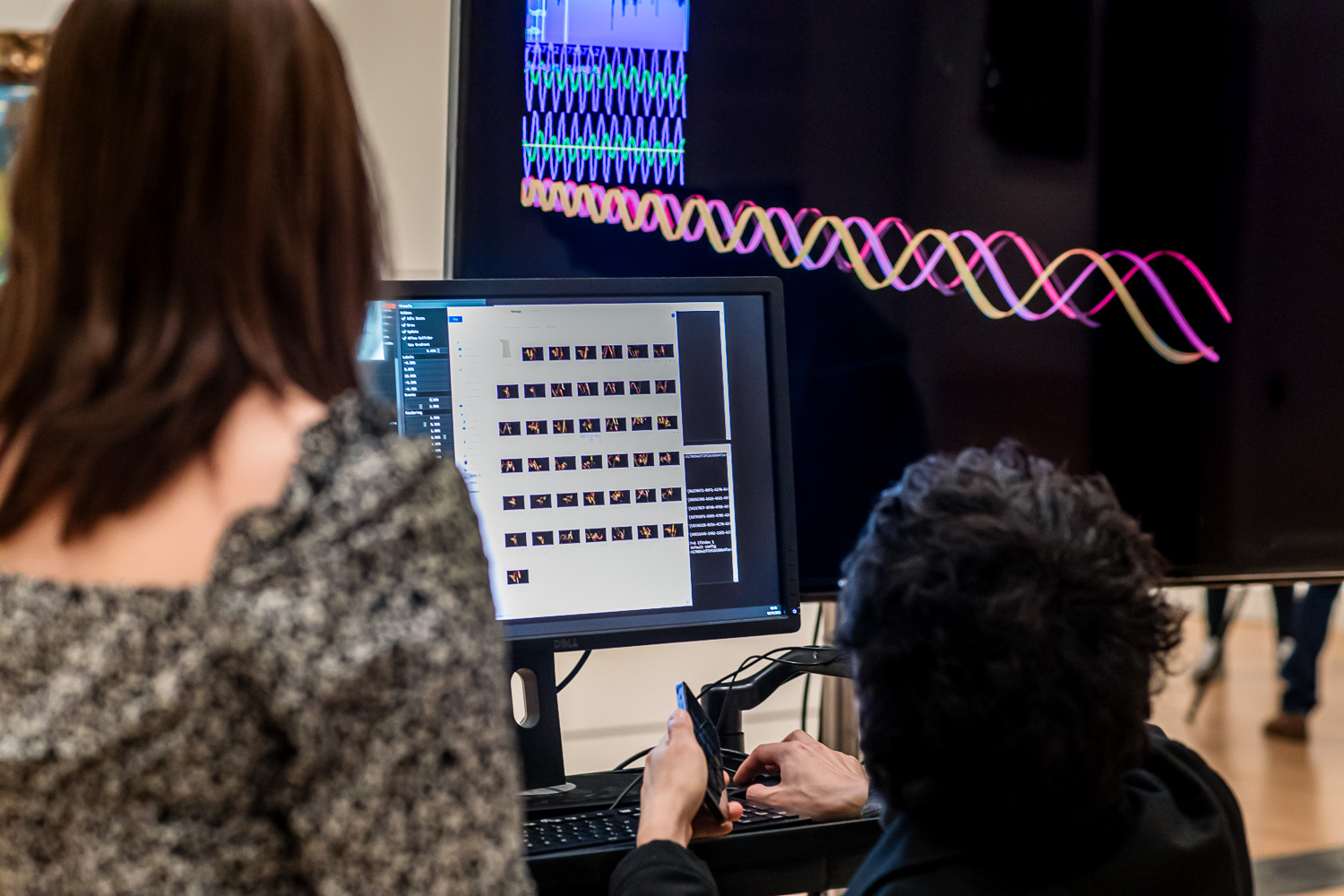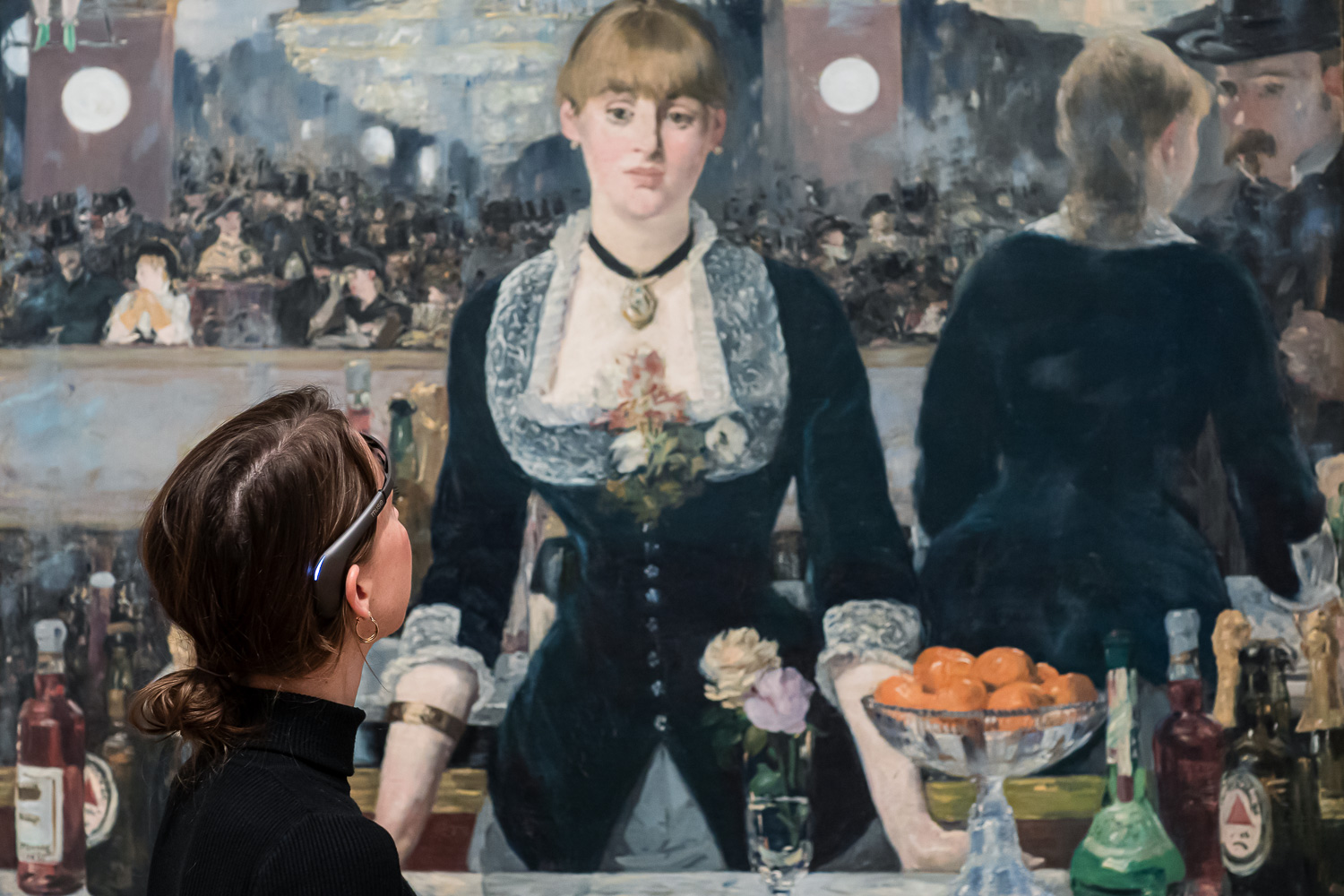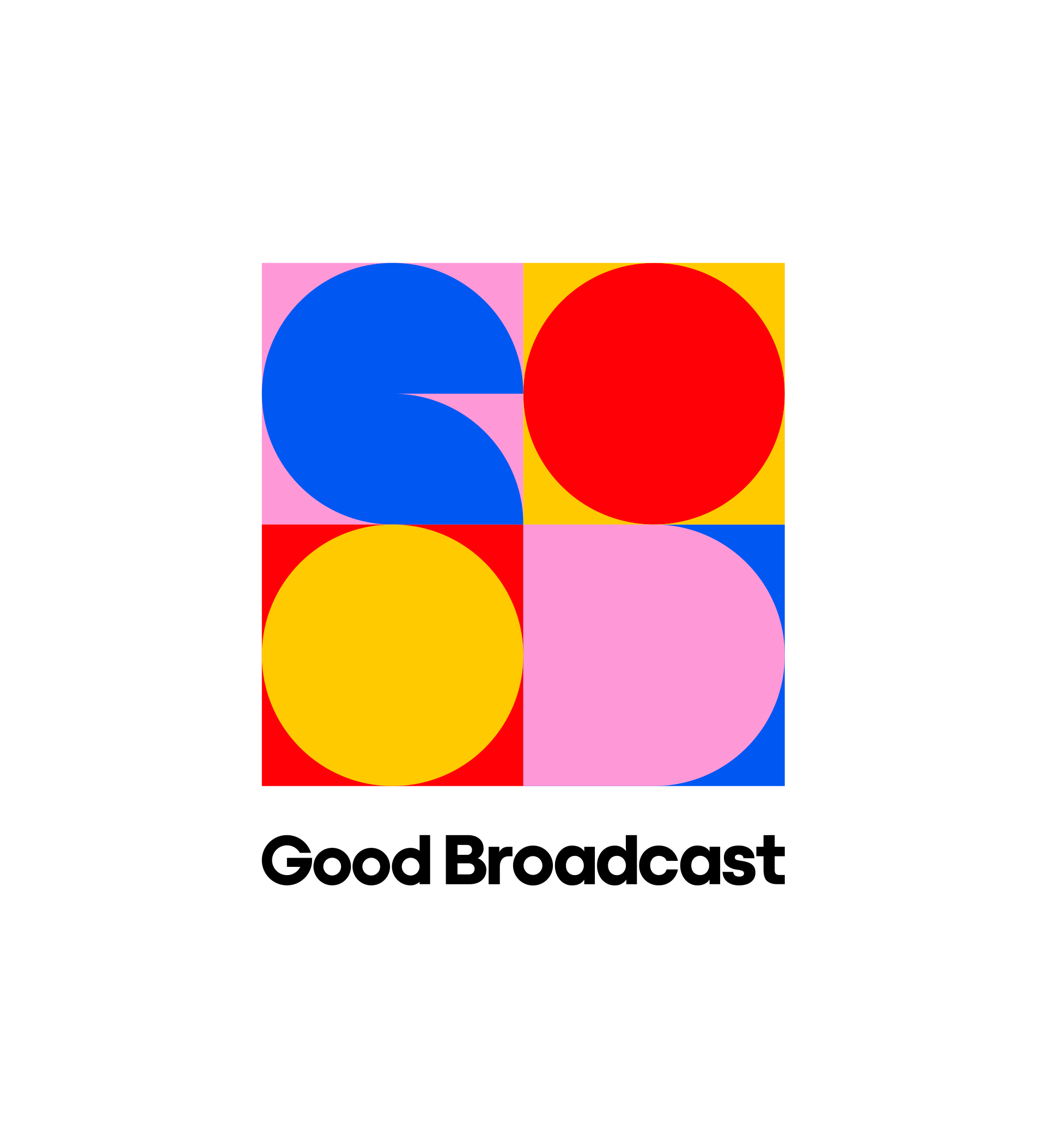
Art Fund, the UK’s national charity for art, challenged us to showcase the fundamental benefits of going to galleries and museums with the objective of increasing sales of the National Art Pass.
We set out to prove the scientific impact of art on humans’ brains and emotions in a way that had never been done before.
In a world first, we partnered with The Mill to develop a means of visualising the impact of art on the brain – in real-time 3D – via an electroencephalogram (EEG) headset that measures brainwaves.
The world-first technology was launched at the Courtauld Gallery in London. Those taking part viewed works in the gallery’s stunning collection, including by Vincent Van Gogh, Claude Monet and Paul Cézanne, while connected to an electroencephalogram (EEG) monitor. The outputs of the brainwaves were visualised in real time on-screen in 3D.
Attending media were able to get hands on with the headsets and speak to experts including Will MacNeil, the creator of the technology, and Dr Ahmad Beyh, a neuroscientist at Rutgers University.


To capture media attention, we commissioned new research which revealed that whilst 95% of UK adults agree that visiting museums and galleries is beneficial, four in ten (40%) visit less than once a year, while around one in six (16%) believe that art has no impact on them at all.
The technology then toured select museums across the UK in 2024.
The campaign delivered over 650 pieces of coverage with a total of 1.5 billion impressions across print, online and broadcast media. Highlights included page three of The Times and broadcast packages on BBC Click, Sky News, Radio 4 and Reuters.
The bespoke broadcast packages we created for the footage were aired by 147 global broadcasters.
Crucially, the campaign delivered a 12% uplift in sales for the Art Pass.
